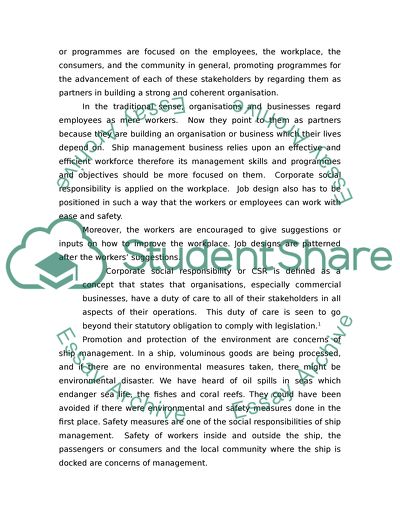Cite this document
(“Management (social, environmental, human and other factors) Essay”, n.d.)
Management (social, environmental, human and other factors) Essay. Retrieved from https://studentshare.org/miscellaneous/1522384-management-social-environmental-human-and-other-factors
Management (social, environmental, human and other factors) Essay. Retrieved from https://studentshare.org/miscellaneous/1522384-management-social-environmental-human-and-other-factors
(Management (social, Environmental, Human and Other Factors) Essay)
Management (social, Environmental, Human and Other Factors) Essay. https://studentshare.org/miscellaneous/1522384-management-social-environmental-human-and-other-factors.
Management (social, Environmental, Human and Other Factors) Essay. https://studentshare.org/miscellaneous/1522384-management-social-environmental-human-and-other-factors.
“Management (social, Environmental, Human and Other Factors) Essay”, n.d. https://studentshare.org/miscellaneous/1522384-management-social-environmental-human-and-other-factors.


